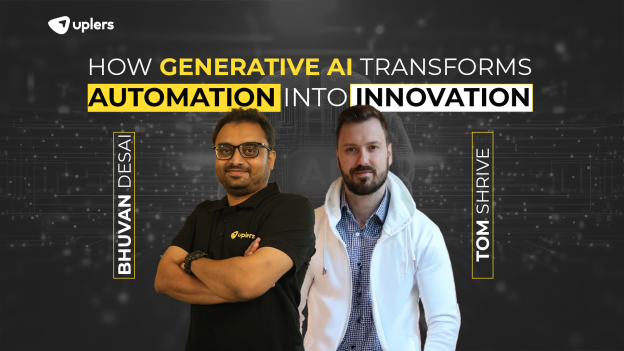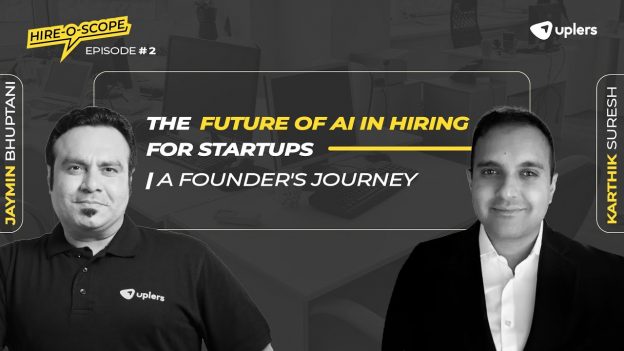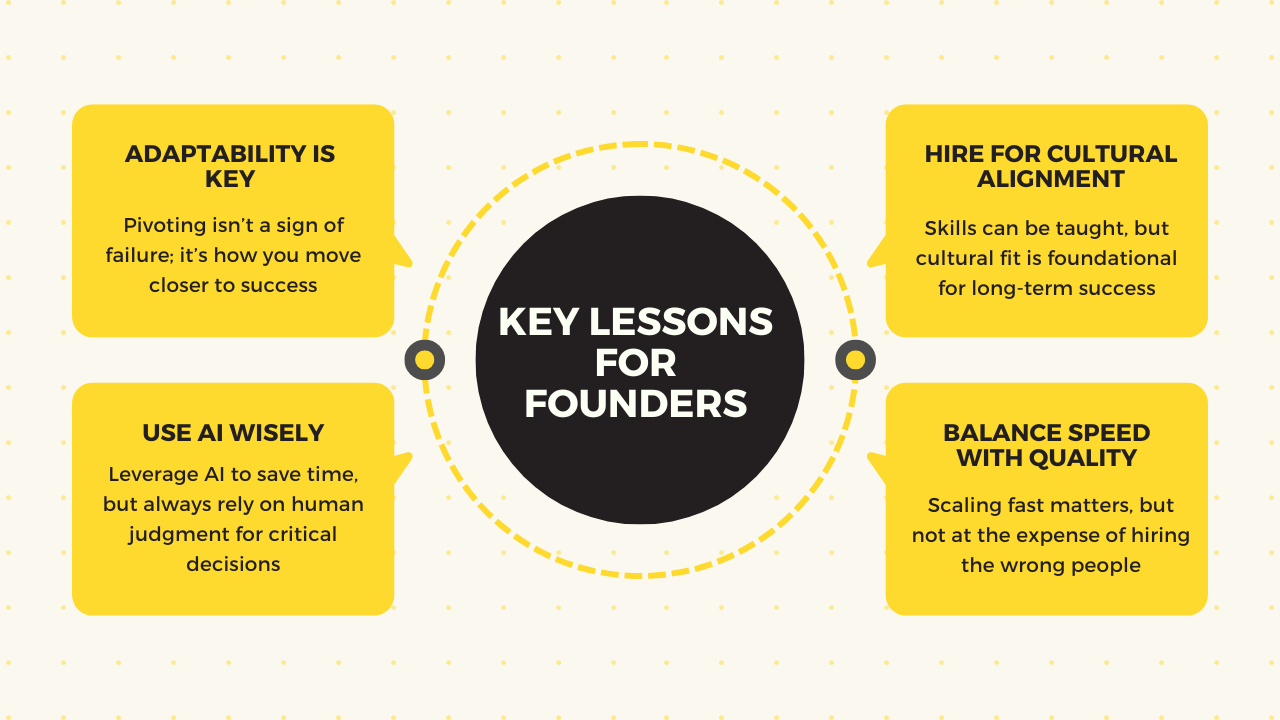SaaS businesses thrive on innovation, but staying ahead with limited resources and tight deadlines can feel like an uphill climb. Generative AI, a game-changing tool, is here to help you streamline tasks, spark creativity, and deliver exceptional customer experiences.
To dive deeper, I spoke with Tom Shrive, CEO of Adiuvo and an expert in AI for SaaS. He shared how SaaS startups can leverage generative AI to streamline their operations, make smarter decisions, and enhance customer experiences.
If you’re curious about AI, how it is helping the SaaS landscape, its cost and complexity around it- this is for you.
Why Do Small Businesses Fear AI?
One of the first things I asked Tom was why so many small business owners feel intimidated by AI. For many, AI feels like something only “big tech” companies can afford.
But as Tom pointed out, “AI is like a motorbike for the mind—it amplifies what you can do, but you still need to steer it.”
This analogy hits home. Even with minimal tech expertise, SaaS teams can start small. “Experiment with tools like ChatGPT,” Tom advised. “Once you see the value, scaling becomes natural.”
“You don’t need technical expertise to see the value AI can bring,” he said. It’s all about taking that first step, even if you don’t fully understand the technical details.
What Is Generative AI?
During our chat, I wanted to simplify the concept of generative AI for our audience, especially for those without a technical background.
Think of generative AI as your creative assistant. It generates ideas, drafts content, and even solves problems.
“It’s like having a brainstorming partner that never runs out of ideas,” Tom said. SaaS teams use generative AI to:
- Write engaging email campaigns.
- Automate customer support chats.
- Create content strategies in minutes.
As I summed it up during the podcast: “Generative AI is like having a teammate who’s always ready to share ideas or tackle repetitive work—except this teammate never sleeps!”
For example, tools like ChatGPT can handle tasks like drafting emails, creating marketing campaigns, and automating customer support. This means business owners can save hours and focus on high-value, strategic tasks.
Generative AI vs. Predictive AI
We also discussed the difference between generative and predictive AI, and how small businesses can benefit from both.
To make it simple, Tom explained:
- Generative AI: Great for creative tasks like writing, brainstorming, and problem-solving.
- Predictive AI: Best for analyzing data trends and helping you make informed decisions.

Building on Tom’s explanation, I added my own thoughts: “Generative AI is ideal when you’re looking for ideas, creativity, or assistance with tasks like marketing content. Predictive AI, on the other hand, shines when you have data and need to understand patterns or forecast outcomes.”
Tom reinforced that generative AI is the perfect starting point for small businesses: “It doesn’t require a lot of your own data, and it’s more affordable and accessible than predictive AI right now.”
Practical AI Use Cases for SaaS
Tom shared how SaaS companies already harness AI:
- Customer Support: “AI handles FAQs so your team can tackle complex queries.”
- Content Marketing: Automate blog drafts, social media posts, and ad copies.
- Operations: Streamline repetitive tasks like data entry.
“We’ve helped SaaS teams create AI assistants for onboarding,” Tom shared. “They save time while giving users a smooth experience.”
Tom’s story about property management really stood out to me. “We’ve built an AI assistant that helps property managers quickly extract information from leases and answer tenant questions. It saves hours of work and improves response times,” he shared.
This highlighted something I believe strongly: “AI isn’t just about efficiency—it’s about enhancing the experience for your customers and your team.”
Ethical AI: A SaaS Priority
“Transparency is key,” I emphasized. “AI decisions—like recommending features—must be explainable.”
Tom agreed. “SaaS founders need to treat AI as a tool, not a decision-maker. Always review outputs for accuracy and fairness.”
What I believe is, “Think of it as a teammate whose work you always review before finalizing.”
How Affordable Is Generative AI?
One of the most common questions I hear is about the cost of implementing AI. Here’s the good news: it’s more affordable than most people think.
I shared my perspective during the podcast: “If you compare the cost of investing in AI to other expenses—like hiring more people or outsourcing tasks—you’ll see that AI delivers far better returns over time.”
Tom agreed and highlighted how quickly costs are dropping: “The cost of AI is decreasing every quarter. You can start using free tools like ChatGPT today and then scale up to enterprise solutions as your needs grow.”
Key Takeaways for SaaS Founders
- Start small: Test free tools like ChatGPT for customer interactions or content creation.
- Prioritize quick wins: Automate repetitive tasks and focus on user experience.
- Think ethical: Review AI outputs for fairness and explainability.
- Plan for growth: As Tom said, “AI-ready companies will dominate the SaaS market in five years.”
The Future of AI Is Here
As we wrapped up our conversation, I shared my belief that small businesses no longer need to view AI as something out of reach. “AI is more accessible than ever. It’s not just for big companies—it’s for anyone who’s ready to explore and experiment.”
Tom summed it up perfectly: “AI isn’t here to replace you—it’s here to amplify what you do.”
The future of AI is full of possibilities, and it’s already transforming the way small businesses operate. So, why not take that first step today? Explore, experiment, and see how AI can help your business thrive.
Reference:













